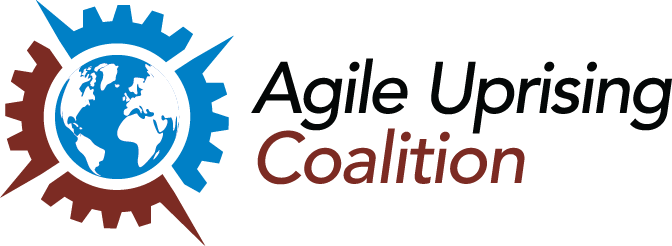B) is a risk, as it only extends the fear/anxiety and lack of trust to the team awareness… should they know the PO doesn’t trust them, how will this damage or help in the long run? Part of being a scrum master is to buffer the team and know how to select when/what to tell them. Only you know the politics and can make that decision.
A) isn’t an option unless the PO trusts YOU already… otherwise you are just creating an us/them divide and putting yourself in the middle.
C) you already know this is a risk, and estimation (in story points) is not comparable across teams. Estimates from another team are only valid if that other team does the work.
Back to #1 - employ the 5 why’s here. Why does he think that? and for each answer, keep digging… why that? well, why that? Find the root cause. It could be as simple as 1-2 people on the team that he’s observed and gotten a wrong impression about (my manager does that sometimes when desks are empty at 5pm, but he didn’t see people at 6am before he arrived). Is it really about the team?
Also, it sounds like this PO might need to be closer to the team. Is the PO attending all the ceremonies and discussions (and are they ENGAGED in them)? Are they in the Slack channel? (are they trusted in those forums?) Sometimes distance breeds distrust and detail fiddling.
Another thought… are they projecting their pressure on you? Is the business putting pressure on the PO to expedite things and question dates, and the PO is in turn passing that along? What can be done to understand this? How do you combat unrealistic expectations? How can you not be late before you even start? How can you show empathy and thus rebuild trust?
Do you have a development manager that can help you with these conversations? if not, then the leads of the dev’s on the team…
I’m all over the map here… hopefully something here helps.
